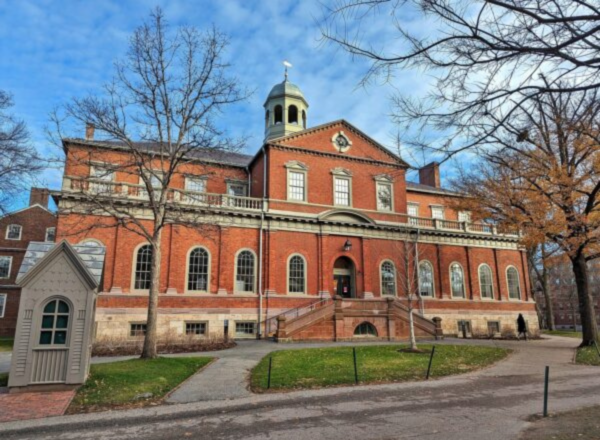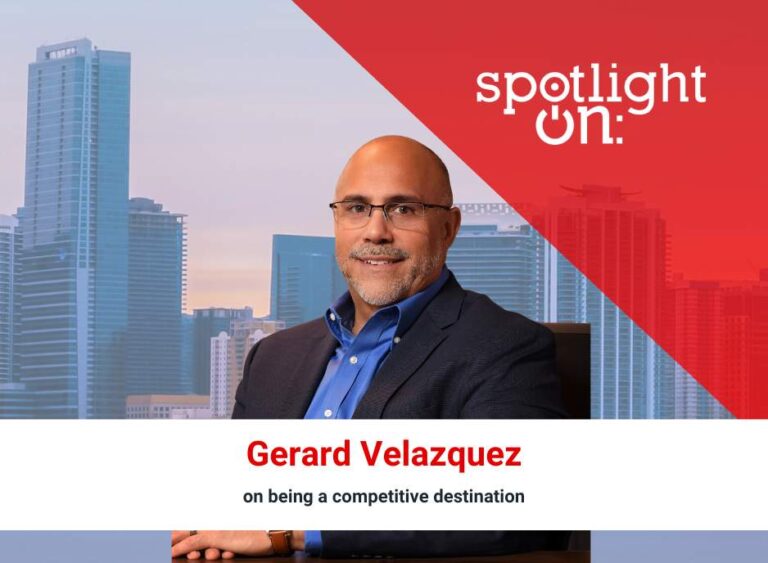Santos Arroyo, Founder & CEO, Florida Hispanic American Chamber of Commerce
Invest: spoke with Santos Arroyo, founder and CEO of the Florida Hispanic American Chamber of Commerce, about representing all 21 Hispanic countries in Palm Beach, why it is important to have businesses “minority certified,” and how language can be a barrier to success for local Hispanic business owners. “We have over 200 active members in our organization, but also, we have expanded to operate statewide. Now, we operate under the Florida Hispanic American Chamber of Commerce, and we have offices in multiple locations around Florida. Our organization is self-sustaining, and we receive no funding from the government,” he said.
What have been some highlights or milestones for the Florida Hispanic American Chamber of Commerce over the last 12 months?
We have over 200 active members in our organization and have expanded to operate statewide. Now, we operate under the Florida Hispanic Chamber of Commerce, and we have offices in multiple locations around Florida. Our organization is self-sustaining, meaning we receive no funding from the government. We can deliver services to our members who support our operations. We have a partnership with the county and school districts, so we can offer more resources and workshops on procurement and paperwork for loans.
How would you describe the Palm Beach economic landscape right now?
Based on the numbers, we have approximately 400,000 Hispanics in the county, and there are probably more not accounted for. That gives us a lot of leverage and resources. We represent over 21 Hispanic countries through our non-profit organization Fiesta de Pueblo Inc., where we can bring them all together under one umbrella. Our concept has really taken off, so the State of Florida is starting to pay attention. They gave us a grant to keep bringing together our people, so we can open a multi-cultural resource center here in Palm Beach County. From there, we can project our vision to the world, and I hope to bring a delegation from every Hispanic country into the county. We support small business owners here, so they can become minority certified. When a business is certified, they can go after local or state contracts, which is big for a small business owner because they sometimes don’t know how to navigate the complex requirements in another language. It is our job to advocate and change that, so that we can provide resources and make the Palm Beach economic landscape stronger.
What types of businesses are members of the chamber and how can you help improve their operations?
A law firm that started back in 2007 with just a single attorney expanded to have 9 lawyers and is now one of the biggest law firms in the county. A female immigrant from Argentina came here and with $50 started her own business cleaning houses. She educated herself and got the certifications and even flew to Stanford University to visit the business network for Hispanics in California, where she learned to write contracts at the federal, state, and county level. She went statewide, and now runs a national business where she services the U.S. government by cleaning facilities at the border for Homeland Security. We have been there all along to provide letters of support.
We need to assess how a business is doing, so we can make it better and fill in the gaps. We can give them a business plan, which contains multiple phases and action plans for improvement. We can give them time frames and analyze their operations so we can move them closer to success and connect them with different agencies and contract opportunities. We can take them from theory to practice.
What have been some challenges that Hispanic business owners are facing right now?
The biggest one is language. They don’t have the time to go to work and school, but we can refer them to classes at night through adult education programs. That is a big barrier that Hispanic people face, and it can slow them down because they can’t communicate or understand contracts. We take a lot of phone calls, and we are working on a business incubator. We can be more effective when we have a building that can bring people together under one umbrella. There are many organizations helping the Hispanic community, but they are all spread out, and we are trying to maximize the services we can provide. If we can provide one-stop shopping, then that will help to mitigate some of the challenges for local businesses. We can also help them to market to the public, so people pay more attention to their services or products.
The other thing is getting incorporated, and how to fill out the paperwork in the state of Florida. We try to help our owners with the basics, and when we can’t we refer them to agencies that we work with. These are the two major concerns because they are the beginning of opening a business. Other challenges include accounting, so we can teach them how to use QuickBooks to help, or we can refer them to people that can assist them to get their information in order. If they don’t do that, then they won’t qualify for loans, and it is mainly because they can’t produce the numbers to show how their business is doing.
What is your outlook for Palm Beach County and the chamber over the next three to five years?
I see our population continuing to grow, and we will build a more unified Hispanic community in our county and state. That is something I am advocating for heavily. We work with the Hispanic Chamber of E-commerce in California, so we can maximize the use of technology. We have a great pool of resources, and many smart people, so we can continue to assist and support each other. If we can all get together, we will be unstoppable.













